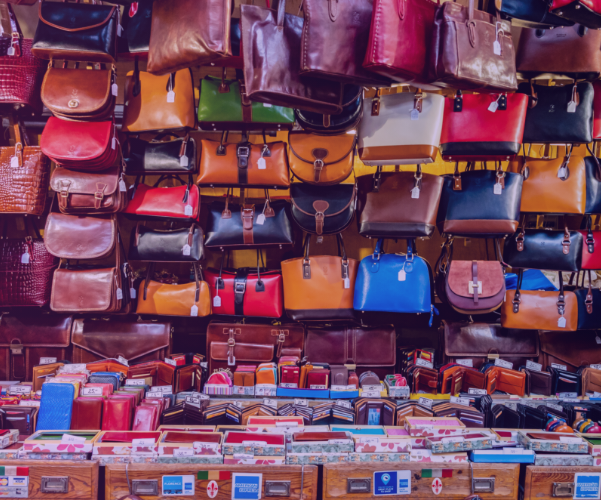Dangerous Counterfeit Products You Should Never Buy
Counterfeit products have thrived in today’s global marketplace, presenting a grave threat to consumer safety and brand reputations. These imitation goods, often produced with subpar materials and a lack of regard for quality and safety, pose significant dangers to the health and well-being of consumers. Counterfeiters create replicas of products of all kinds at an aggressively low cost, profiting off of the trust of unknowing consumers looking for a bargain in the fast-paced world of online shopping and social media advertising.
“We find many concerning counterfeit items regarding our customers’ patents out on the market, whether seasonally or all year around. These items pose significant risks, not only to our customers’ bottom line, but to their customers’ health and safety. Patent infringement is a widespread issue from regional to global platforms, which opens consumers up to risks of purchasing an item with false health claims or shoddy, untested electronic pieces that can cause damage or even life-threatening consequences. Utilizing our analysts’ experience as well as our well-established relationships with these platforms globally, we are able to curb these kinds of counterfeit listings before they end up in our clients’ customer base’s carts.”
–Javie Milanez, Customer Success Manager, Tracer
Here are some of the most dangerous and prolific counterfeit products being detected by anti-counterfeiting solutions, and why counterfeit products should be part of your brand protection strategy.
- Medications
- Electronics
- Automotive Parts
- Toys and Children’s Products
- Cosmetics and Personal Care Products
- Alcohol and Food
- Clothing and Accessories
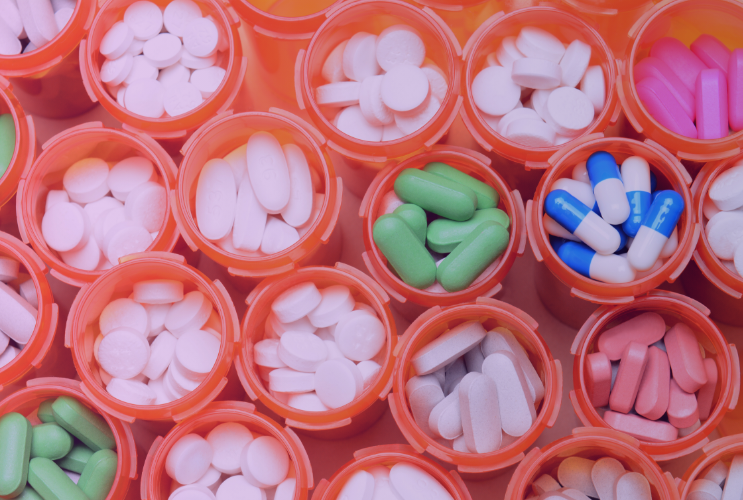
1. Medications
Fake pharmaceuticals are a dangerous and growing trend. Did you know that the World Health Organization estimates that there are over 1 million deaths annually from counterfeit and substandard drugs? Counterfeit medicines are created through unofficial and illegal operations and have not been reviewed for safety, effectiveness, and quality. They often target those seeking affordable healthcare solutions, but purchasing counterfeit medications can put consumers at risk of not getting the correct treatment they need from the medicine, having adverse reactions to unknown substances, and even death. Anti-counterfeiting software can help detect the sale of counterfeit medication online, but consumers should avoid purchasing medicine from anywhere other than state-licensed pharmacies in the United States.
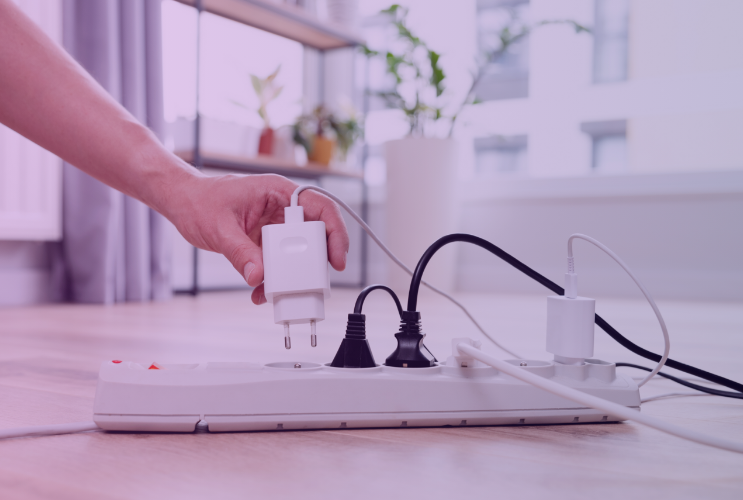
2. Electronics
Electronics of all kinds, if not properly produced, can pose a variety of risks to consumers. Counterfeit electronics, due to their unofficial production, often lack safety certifications and can cause fires or explosions, produce dangerous electric shocks to users, leak toxic substances, or lead to critical system failures that can cause widespread damage, whether it’s to your computer or to your home. Devices, chargers, and batteries all put you at risk if not purchased through the appropriate channels. Counterfeit electronics can also have health implications. For example, counterfeit earphones or earbuds can damage your hearing and lead to headaches and migraines due to their low quality and poor frequency management. Another danger with knock-off electronics is in devices that use counterfeit software, which can put you at risk of security breaches like ransomware and malware. In general, beware of electronics with unusually low prices. The price of authentic electronics is based on more than just materials, it’s also based on ethical manufacturing processes and safety testing, which counterfeit products do not go through.
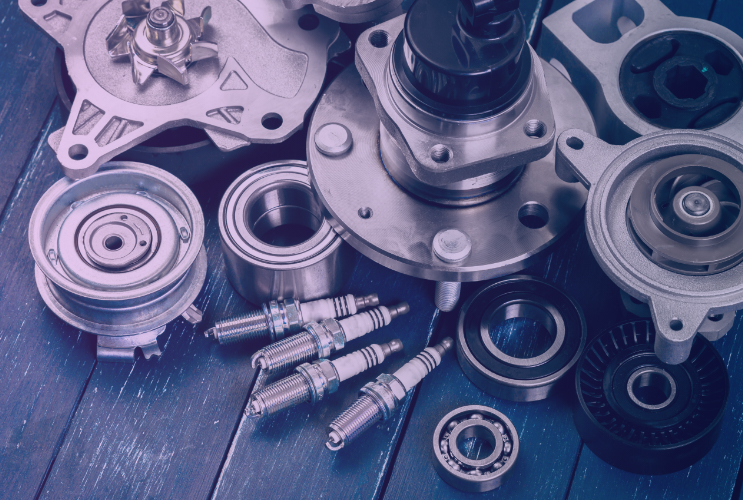
3. Automotive Parts
Counterfeit auto parts, like brake pads or airbags, can compromise the safety of vehicles. These substandard components may fail when needed most, leading to accidents, injuries, or even fatalities. Unfortunately, those who are purchasing car parts online may not be aware they are purchasing counterfeit products, and it can be difficult to spot a fake without anti-counterfeiting solutions.
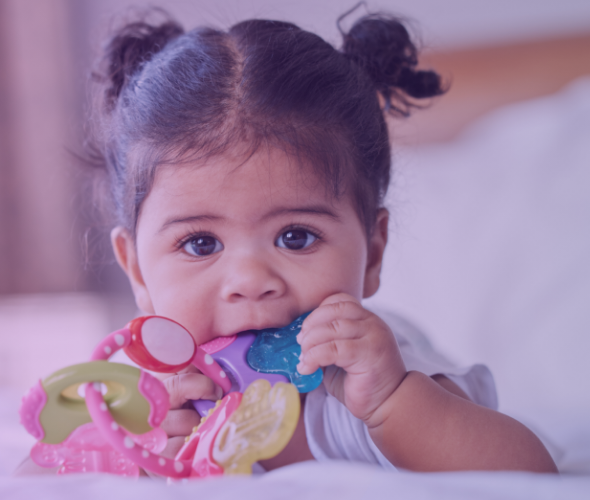
4. Toys and Children’s Products
Fake children’s toys and products can contain hazardous materials, pose choking hazards, or have structural issues that can be easily broken. These awful scenarios are avoided in authentically produced products due to their rigorous safety testing and standards, which is why it’s so important to do due diligence verifying a product before purchasing, especially online.
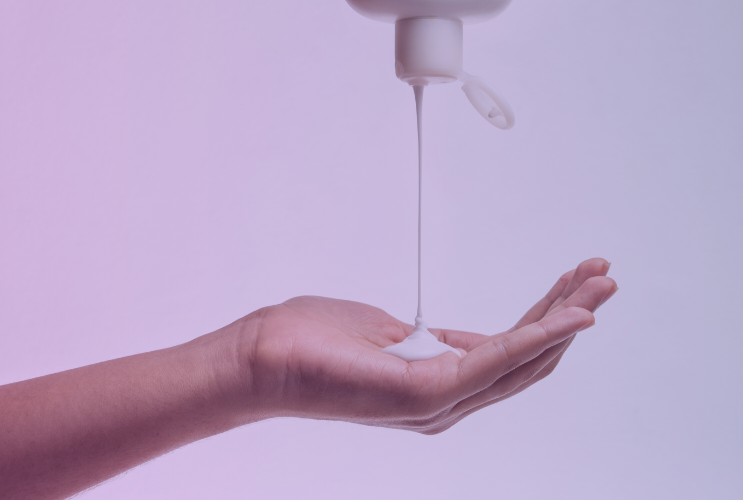
5. Cosmetics and Personal Care Products
Counterfeit makeup, skincare products, perfume, and other personal care products often contain harmful ingredients that can cause skin irritation, allergic reactions, or more severe health issues. Some indicators of a counterfeit product include if the price is too good to be true, or if the product is being sold in a package that is different from its normal packaging. Tracer analysts have seen cases of knock-off formulas that replicate a popular product but have unknown additives that cause negative reactions. They have also seen fraudulent packaging claiming to be from a reputable brand but with an entirely different product inside. From toothpaste to hair care to sunscreen, without the strict testing and quality control that legitimate beauty products endure before reaching consumers, you can’t know what substances may be in knock-off products.
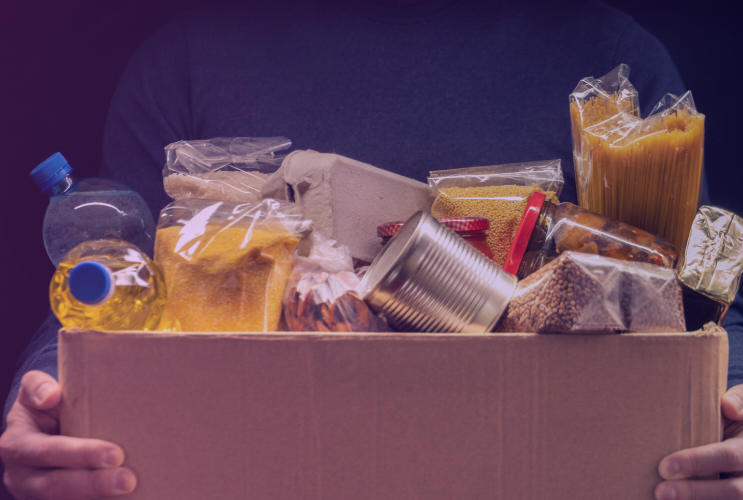
6. Alcohol and Food
Fake alcoholic beverages and food products can contain dangerous substances, from toxic chemicals to contaminated ingredients. Consuming counterfeit food and beverages can result in food poisoning, severe illness, and even death. As the dietary supplement industry continues to grow, especially in e-commerce, Tracer analysts have seen a rise in these kinds of counterfeit products being marketed online claiming to be produced by reputable companies. While it may be obvious, take care not to purchase these fake goods online.
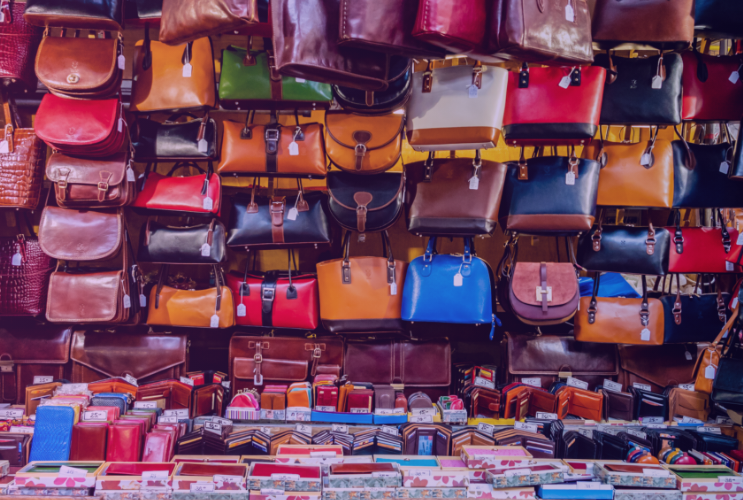
7. Clothing and Accessories
While less immediately life-threatening, counterfeit fashion items can still be hazardous. They may contain allergenic dyes or flammable materials that pose risks to wearers. On top of that, supporting counterfeit fashion undermines legitimate brands and businesses.
Counterfeits Hurt Individuals and Brands
The allure of low prices and seemingly genuine products can be tempting, but purchasing counterfeit goods is a dangerous gamble. These knockoffs not only jeopardize your health and safety but also support illegal activities and undermine legitimate industries. To protect yourself and contribute to a safer marketplace, always prioritize authenticity and quality when making purchasing decisions.
For brands, anti-counterfeiting solutions are available and should be part of your brand protection strategy. E-commerce platforms, online marketplaces, social media channels, paid advertising, and fraudulent websites selling counterfeit products posing as your brand put your customers, and your business, at risk.
Why Choose Tracer as Your Anti-Counterfeiting Partner
Tracer’s anti-counterfeiting technology and AI-powered platform make cross-channel brand protection simple by automating the detection and removal of counterfeit products infringing on your products. The Tracer platform utilizes Human-in-the-Loop (HITL) AI, combining the sophistication of AI with the ingenuity of exceptional engineers to protect the world’s leading brands. Continuously capturing and filtering data from thousands of different global digital sources, TracerAI delivers the highest quality of detections, analysis, and action at scale. Schedule a demo today.
Author

